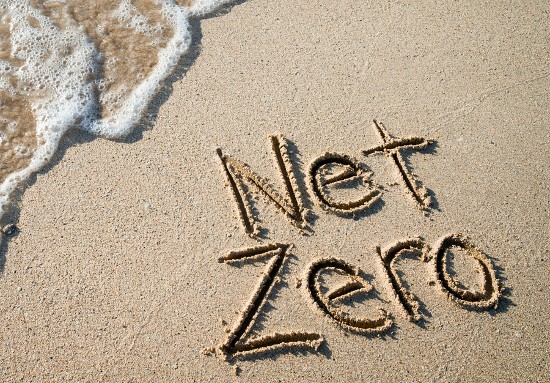
The Energy Collective Group
This group brings together the best thinkers on energy and climate. Join us for smart, insightful posts and conversations about where the energy industry is and where it is going.
Shared Link
A Talk Sponsored by Foreign Policy Review Raises Interesting Issues About Achieving Net Zero
It’s a big ask to tell countries with very little access to electricity to accept the same level of responsibility as electricity-rich nations striving to achieve the net-zero emissions target that the United Nations has set for the mid-century. And it is even made harder by abandoning the use of nuclear power in the energy mix.
A Talk Sponsored by Foreign Policy Review Raises Interesting Issues About Achieving Net Zero
Is the IPCC goal of getting to net-zero by 2050 aspirational or legitimate? A Foreign Policy Review panel tackles the question.
Get Published - Build a Following
The Energy Central Power Industry Network® is based on one core idea - power industry professionals helping each other and advancing the industry by sharing and learning from each other.
If you have an experience or insight to share or have learned something from a conference or seminar, your peers and colleagues on Energy Central want to hear about it. It's also easy to share a link to an article you've liked or an industry resource that you think would be helpful.





























Sign in to Participate